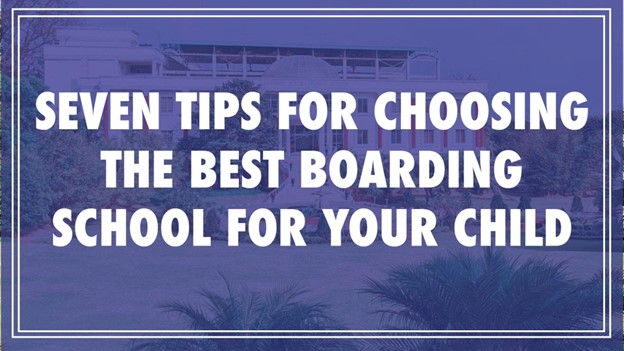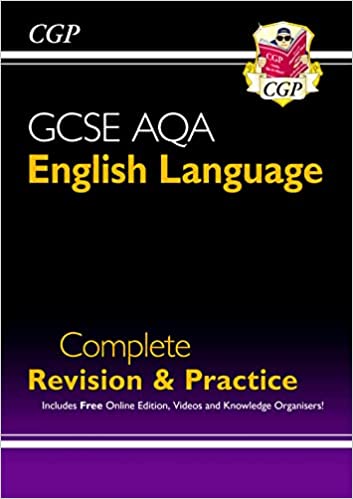Seven Tips For Choosing The Best Boarding School For Your Child

The decision to attend boarding school is the first step in a larger process. The benefits of attending a boarding school are long-term. Boarding schools complement the numerous activities, programmes, and challenges that are provided to students on a daily basis. The typical boarding school student wants to seize this enormous opportunity and live in a community where study, personal growth, and discovery are prioritised, where programmes and activities abound, making friends is essential, and success is valued.
What exactly is boarding school?
In general, a boarding school is a school community where students reside and study. In the United States, boarding is primarily for high school students, while there are a few junior boarding institutions that serve middle school students. Most are full-week, seven-day boarding, but several also offer five-day boarding.
What is the ideal age for boarding school?
The most popular admission points for boarding school are 9th and 10th grades, therefore pupils are between the ages of 14 and 16. Many schools provide a post-graduate year for students aged 18 or 19. There are also junior boarding schools that begin as early as the fifth grade, or 10 or 11 years old.
Tips For Choosing The Best Boarding School For Your Child
For students, boarding should seem like a ‘home away from home,’ a location where they can immerse themselves in a different part of academic life while developing lifelong friendships. A boarding school should ideally be strategically located to provide simple access, be in a comfortable atmosphere, and provide excellent amenities for students to explore.
Boarding is a special relationship between the school, the parent, and the child, and the correct boarding setting can enhance your child and their school experience in a variety of ways. Here are some factors to consider while deciding on the finest boarding school for your child:
1.Is the school staff aware of how to care for your child?
Finding a boarding school that is led by pastoral care experts is critical while looking for the ideal institution. Your child should be in a safe and caring environment, with a boarding staff that is best equipped to support them through any difficult periods – this is especially important during adolescence.
2. Will the school give me enough time and space to grow?
There should be lots of space and fresh air. Cutting off the travel and enjoying a short walk to class is a significant advantage of boarding! Children who board often have more time to study, participate in activities, and play with their friends.
3. What Kinds of Facilities Are Available to Students?
The school’s amenities become a part of your child’s everyday life and home surroundings. This means that playing fields, swimming pools, running tracks, and even a gym might be right on their doorstep. You can also inquire about the library, dining facilities, music and arts facilities, and other amenities.
4. What kind of learning environment does the school provide?
Boarding can immerse pupils in a community that accelerates their assimilation of the language at schools where youngsters are taught in English. It’s amazing to see youngsters who enter a boarding school knowing absolutely no English become proficient speakers within weeks!
5. Is the location of the boarding school satisfactory?
The location of the school has a major role in determining the learning environment on campus. A boarding school that is situated in the midst of a crowded area will not foster a learning environment and create several disturbances and distractions for the children. A preferred location would be one that is calm and serene, without any hullabaloo, much like the boarding schools in Shimla.
6. Can students get additional learning assistance?
Some boarding schools will provide additional study chances from qualified teachers to help pupils improve their academic success.
7. How Do Educators Encourage Independence?
From the first boarding years to the last, boarding may provide youngsters with a sense of independence that will aid them throughout their lives. All of this can help boarders leave school with a mature attitude and a sense of readiness for the responsibilities of university life.
8. Does the community encourage the formation of lifelong friendships?
Friendships formed at boarding school are quite solid. Living together, caring for and supporting one another, and spending free time together can create a lovely sense of family community.
Conclusion
Choosing the best boarding school for your child is a critical decision in your life as a parent. It is best to take your time and consider all of your options before making a final decision. With a little study and careful thinking, you can locate the ideal school for your family!
About English Made Simple

English Made Simple is a website dedicated GCSE English, IELTS Preparation and other things providing useful content to readers all across the world on how to improve their English.





